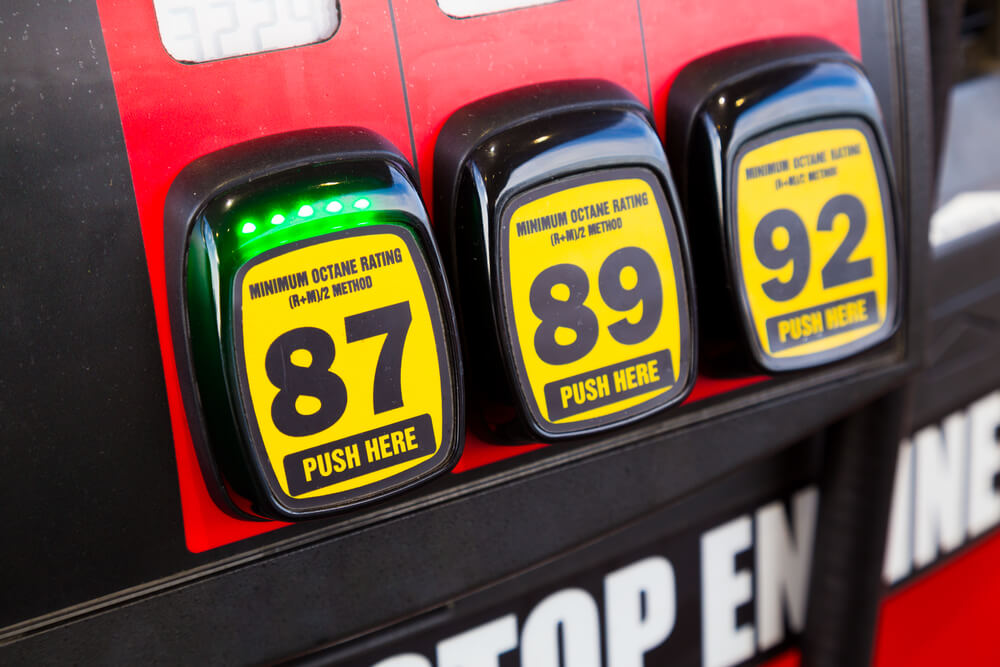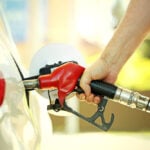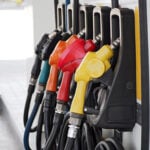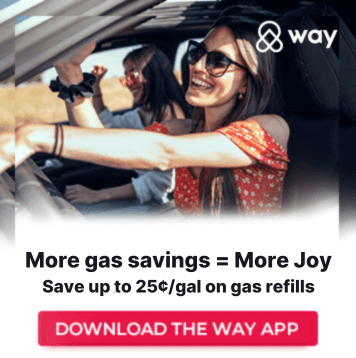Most cars accept regular gas, while others require premium gas. The distinction between these two grades of gasoline isn’t entirely clear. This mist of information has also resulted in some erroneous spending at the pump. If you’re not sure of what to put in your car’s gas tank, keep reading. By the time you are done reading, your wallet will be grateful to you!
When you enter a gas station, you will notice different grades of gas. There will be octane ratings ranging from 87 to 93 for these gas. Regular gas has the lowest octane rating, and the highest rating will be for premium gas.
When it comes to pricing, regular gas is always the least expensive and premium gas is always the most expensive. Naturally, you would think that the more expensive product would be a better choice thanks to its higher numerical rating. Is there actually a significant difference as such that would make it a better choice for your car?
Not exactly! Yes, premium gas and regular gas are two entirely different grades of fuel. However, each serves a specific purpose. That also explains why different manufacturers recommend specific grade of fuel for optimum performance of their car.
What is Octane Rating?
What exactly are octane ratings, and how do they affect your car? An octane rating, also known as an octane number, measures a fuel’s ability to withstand compression in an internal combustion engine without detonating. The more compression the fuel can withstand before detonating, the higher the octane number.
Let’s compare premium and regular gas to see why higher octane and a higher price don’t always translate to better performance.
The ability of a grade of gasoline to prevent pre-ignition of the air-fuel mixture is measured by its octane rating. Internal combustion engines are designed to fire at a specific time. If this occurs too early, the engine will make pinging sounds. Apart from the sounds, pinging and knocking can cause severe damage to the pistons, cylinder linings, and, ultimately, the engine.
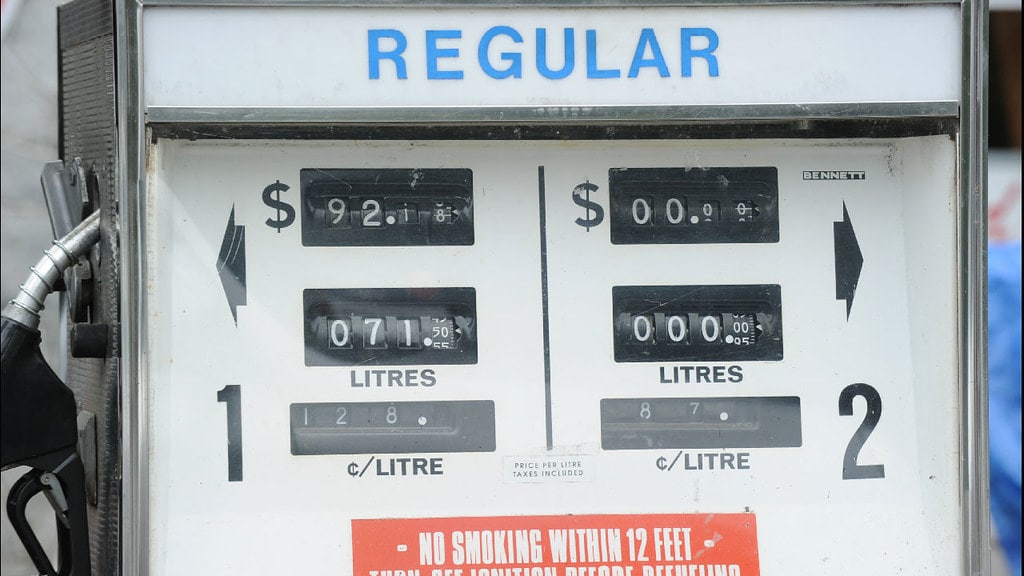
Regular Gas and Premium Gas: What’s the Difference
Premium gasoline resists pre-ignition in high-performance engines with high compression ratios or turbochargers. Regular gasoline is acceptable for most engines. However, using regular gas when the premium is required could lead to serious issues in the long run. These would include pre-ignition, knocking, and pinging, as well as long-term engine damage.
While regular gas engines are fine for driving around town, high-performance engines have many features that require premium gasoline to extract peak performance. If regular gasoline is used instead of premium gasoline in some of these advanced engines – horsepower, and fuel economy may suffer as the electronic control unit compensates. You could also damage your engine by causing pre-ignition, which can lead to a slew of other problems.
Does Your Car Require Premium Gas?
The best place to find out if your car requires premium gasoline is inside the fuel door or the owner’s manual. If the car requires premium gasoline, there will be a sticker inside the fuel door that says “premium unleaded fuel only” and lists the octane rating. If your car requires premium gasoline, it is best to spend the extra money and fill the tank. Your engine will run at peak performance in terms of power and efficiency, and you can also avoid issues like pre-ignition.

If the manufacturer only recommends premium gasoline, it is your responsibility to try both premium and regular gas and see any difference in performance. If your car does not require or recommend premium gasoline, there is no reason to use it.
Regular gasoline now contains EPA-mandated additives to keep your engine running clean and smooth for miles and miles. If you notice pre-ignition, knocking, or pinging, regardless of the grade of gasoline you use, it’s time to schedule an appointment with your mechanic to figure out what’s wrong.
Furthermore, your warranty may be voided if the car requires premium gas but uses regular gas instead. It is critical to understand this if you are leasing a car and do not want to incur additional costs at the end of the lease term.
Is Premium Gas Better?
Premium gas may appear to be a better choice for your car because it is more expensive and possibly a higher-end product. To keep engines running clean, all grades of gasoline now contain EPA-mandated additives. These detergents work to prevent the formation of deposits and remove existing ones. Lots of manufacturers make their own detergent.
As car manufacturers tried to get an edge on their competition, the detergents improved. Over time, this led to the creation of what we now call Top Tier Gasoline specification. Today, these are made by Audi, BMW, General Motors, Honda, Toyota and Volkswagen. As their name goes, these detergents ensure that the consumers receive gasoline with an excellent additive package.
If you want to get the best out of high grade gasoline, the top tier gasoline specification is what you need as they offer an excellent additive package, regardless of whether you go for regular or premium gasoline.

Sara Sam may not look like your typical car and finance expert, but don’t let that fool you. With over four years of experience in the industry, she knows all the ins and outs of cars, car insurance, and refinancing. You can trust Sara to help you navigate the often-confusing world of automobiles and financing.
